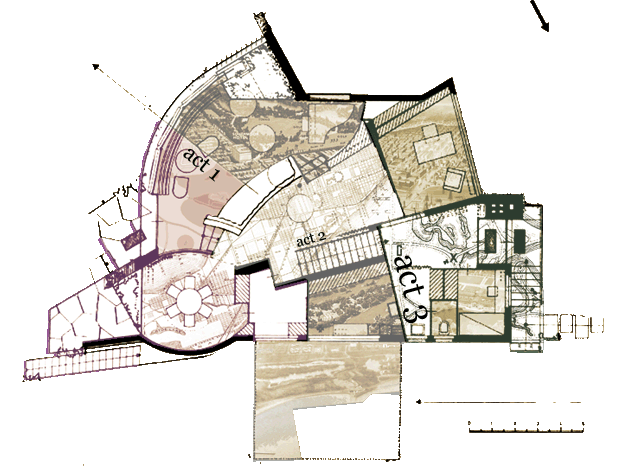
Ortgeist
Kami, genius loci, Manitou, ortgeist, countless human cultures recognize and name the spirits of places. But when a place is destroyed, what happens to its spirit? When a Chicago apartment is bulldozed, the domestic spirits of its furniture move into Jackson Park, where they come into conflict with the spirits that already inhabit the park. Guided by a furniture-worshipping cult, players must determine the fate of the park and its otherworldly inhabitants. Using furniture and household objects, a location-based soundwalk, puzzles, origami, and live events, Ortgeist seeks to bring the spirits of Jackson Park to life. During each of the game's three acts, players inhabit, explore, and play games in a new set of "rooms" that the domestic spirits have created throughout the park. Each act culminates in an open-scripted live event that allows players to actively intervene in the spirits' conflict: a dinner party, a tea ceremony, and a final creative act whose nature is left up to the players themselves. The spirits of Ortgeist, at once familiar and alien, invite players to reexamine their own daily habits and rituals; intervene creatively in everyday spaces; and experience the ordinary with a new sense of wonder.


Navigation
There are many paths for exploring Ortgeist. The simplest is to follow the player as they progress along the three act structure. For the more analytic reader, the page also includes a theoretical reflection on the game's design, a summary of the play mechanisms we were interested in, and an exploration of sound as one of our games central senses.



